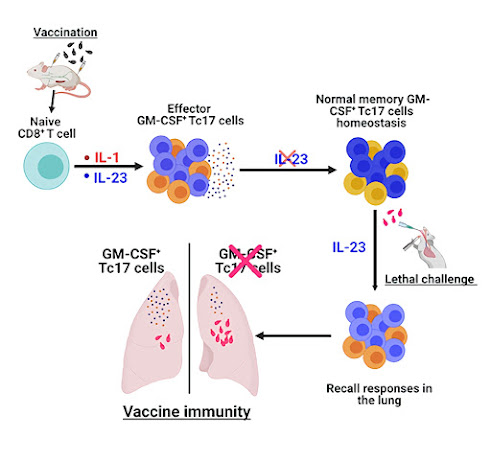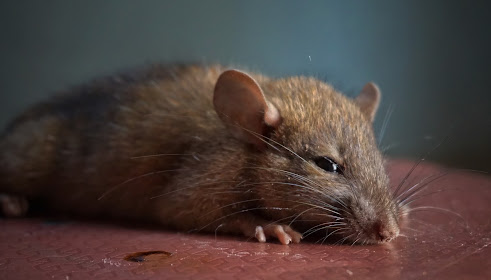As part of an interdisciplinary project of the LOEWE Centre Frankfurt Cancer Institute (FCI), researchers from the Georg-Speyer-Haus in Frankfurt am Main, Germany, and Goethe University Frankfurt have succeeded in identifying a new approach for the therapy of colorectal cancer. In preclinical models and studies on human immune cells, they found that urolithin A, a metabolite product from pomegranate, sustainably improves the function of immune cells in their fight against cancer. After treatment with urolithin A, tumor-fighting immune cells become T memory stem cells which, due to their ability to divide, constantly supply the immune system with rejuvenated, non-exhausted T cells.
Colorectal cancer remains a disease with high mortality rates in advanced stages. In recent years, numerous research findings have improved early diagnosis and therapy, although unfortunately not all patients respond adequately to novel therapeutic approaches. Current research suggests that one characteristic of tumor diseases is immune dysfunction: immune cells that are supposed to fight the tumor are systematically suppressed by the tissue surrounding the tumor, the tumor microenvironment. As a result, T cells, which are our body's natural immune response against cancer, are restricted in their function, allowing the tumor to grow and spread uncontrollably.






.jpg)










.jpg)